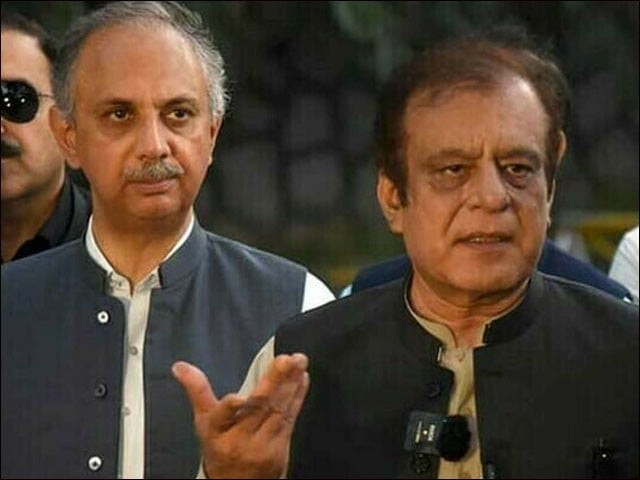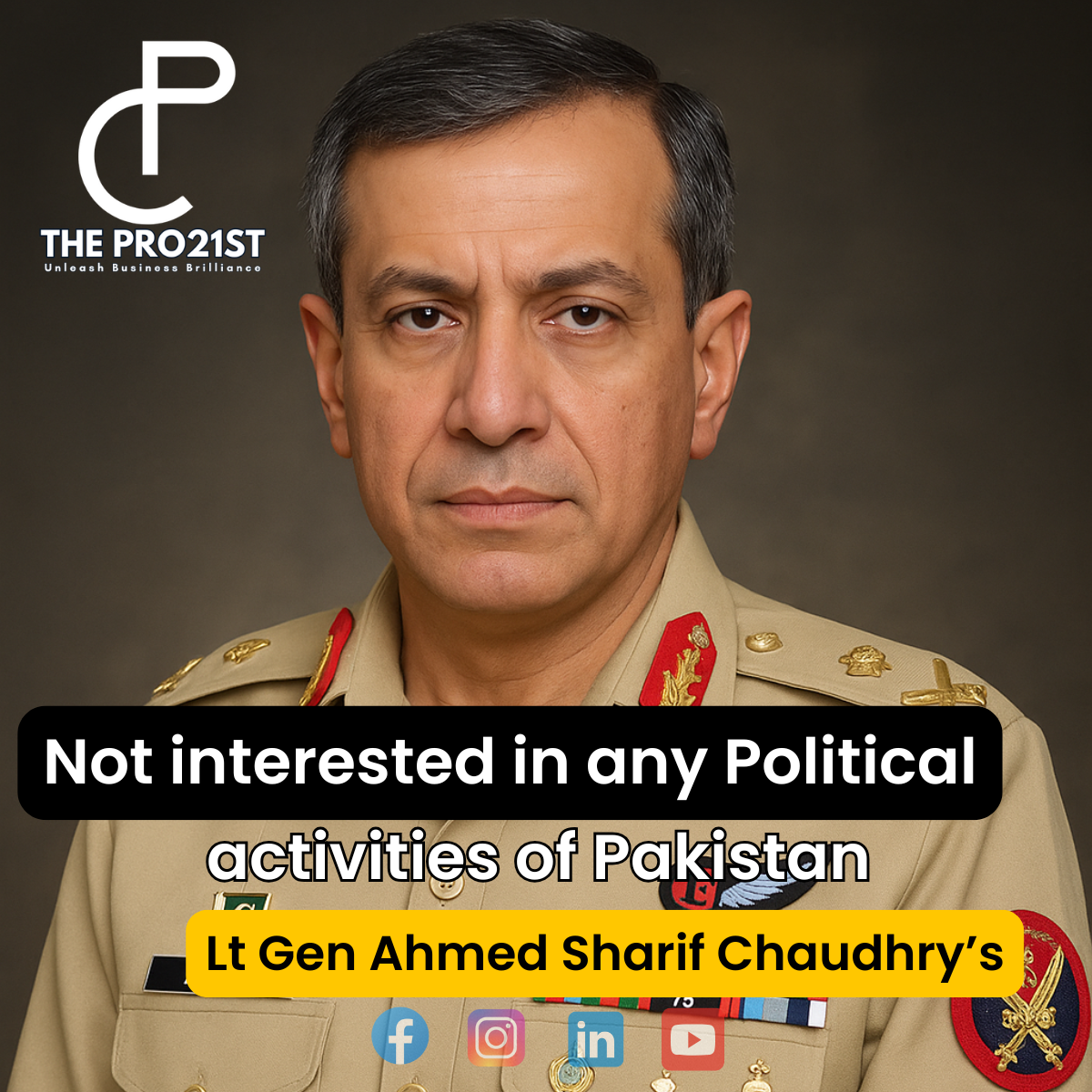Peshawar High Court Ruling: A Setback for PTI Leaders
If you’re keeping an eye on Pakistan’s political landscape, the recent ruling from the Peshawar High Court (PHC) is definitely making waves. The court has officially withdrawn the interim relief granted to prominent Pakistan Tehreek-e-Insaf (PTI) leaders—Omar Ayub, Shibli Faraz, and Abdul Latif. This decision comes in light of their recent convictions by Anti-Terrorism Courts, raising significant concerns about their ability to claim constitutional rights while being fugitives.
In a crisp, 31-page verdict penned by Justice Syed Arshad Ali, a two-member bench clarified a crucial point: individuals who have been convicted cannot simply bypass legal norms to seek relief from high courts. This ruling reaffirms the need to respect the judicial process, emphasizing that constitutional protections can’t be wielded like a shield by those who haven’t surrendered to the courts.
During the hearings, the counsel for the PTI leaders firmly argued that their clients were not absconders. Both Barrister Gohar Khan, representing Omar Ayub and Shibli Faraz, and Advocate Moazzam Butt for Abdul Latif insisted that their clients had engaged with the legal system in earlier proceedings and—therefore—should have access to their fundamental rights, including the right to appeal.
However, the prosecution wasn’t having it. Complainant Counsel Barrister Sajeel Swati maintained that since the leaders didn’t surrender after their convictions, their bids to go directly to the PHC were futile. The federal government’s representatives echoed this, backing the idea that the petitions were inadmissible until the petitioners complied with the requisite legal processes.
Ultimately, the court ruled that the PTI leaders must first surrender before the trial courts and go through the proper channels for their appeals. Until that happens, their appeals in the PHC are stalled. The ruling isn’t just a setback for the PTI; it sets a powerful legal precedent that reinforces a key principle: those evading the law cannot expect special treatment in higher courts.
It’s a stark reminder of the importance of adhering to the legal framework, especially for high-profile individuals navigating the complex landscape of Pakistani politics. As we follow these developments, engaging with resources like Pro21st can help us stay informed and connected to the ongoing legal discussions.





